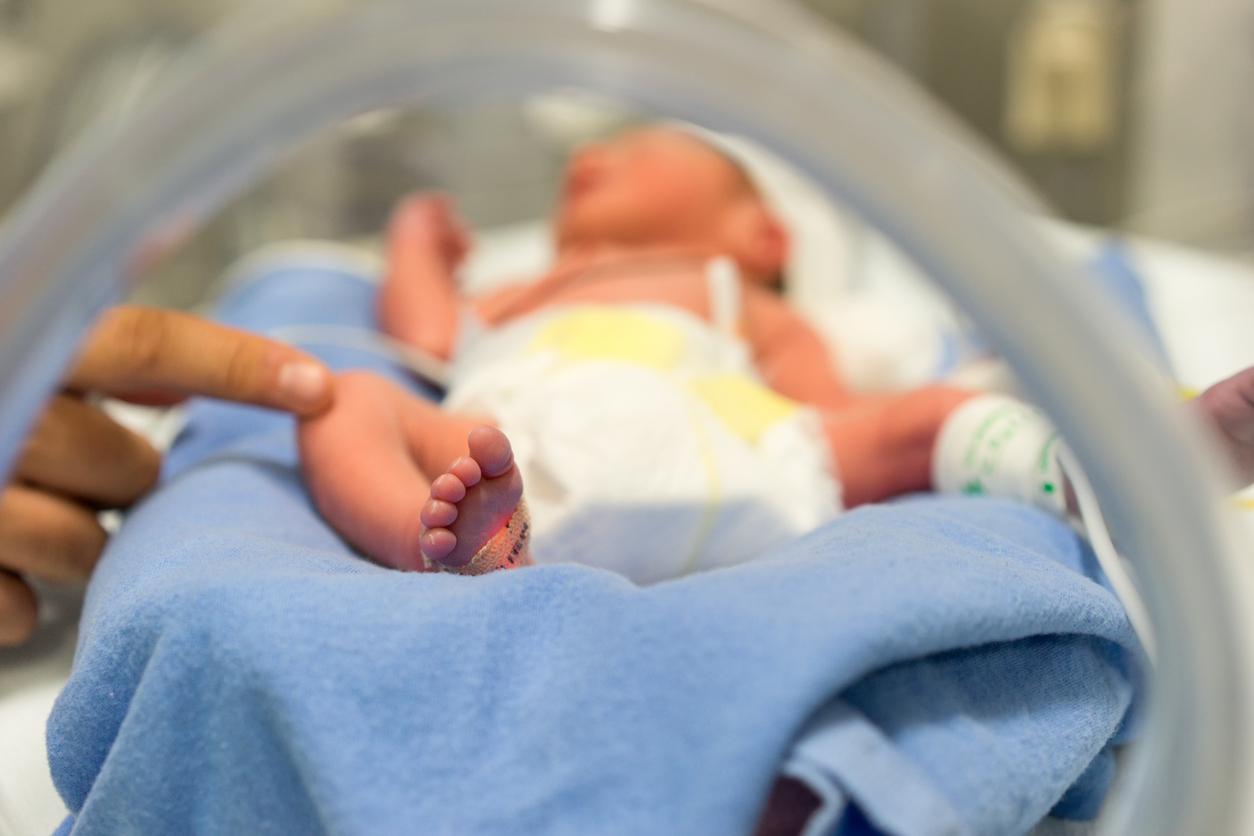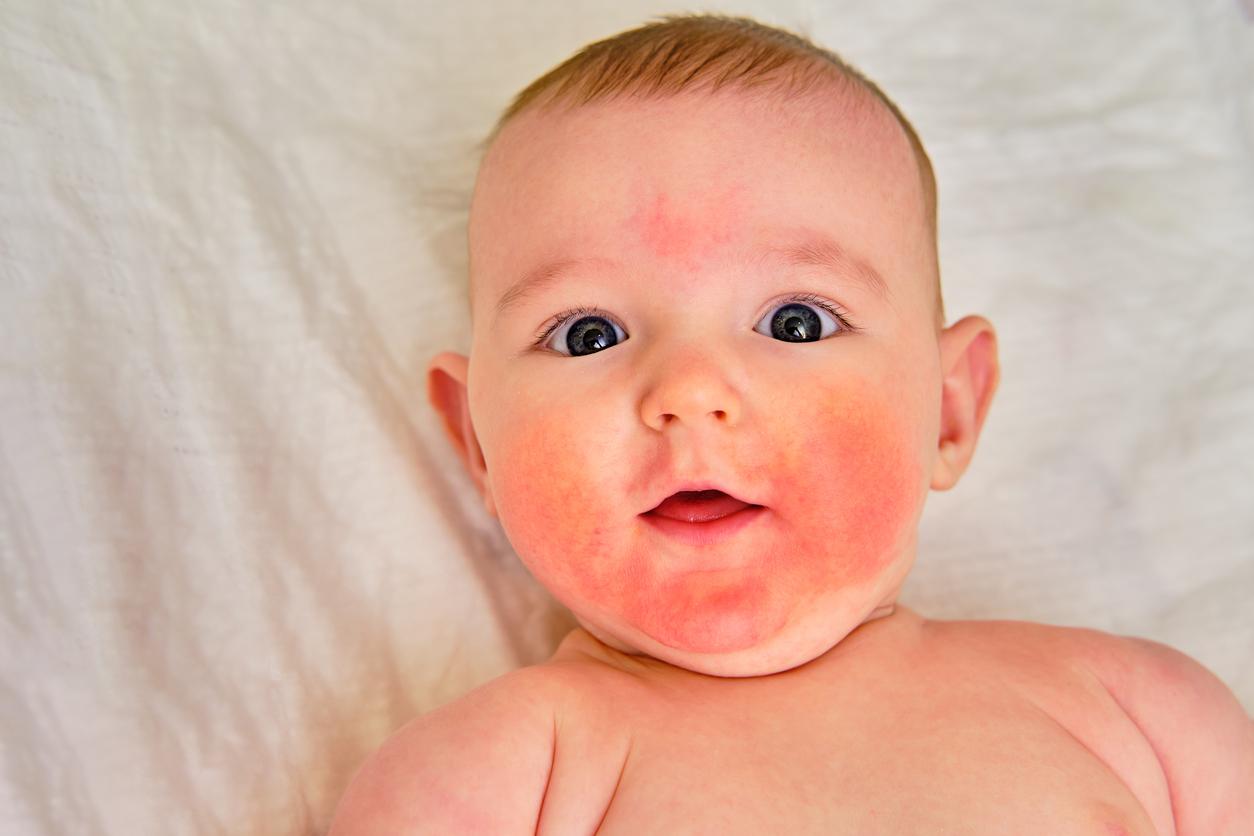In the United States, six in a thousand babies die in the first year of life, a figure that puts the country at the top of the infant mortality rankings among “developed countries.”

There are certain paradoxes that are difficult to accept. In the United States, one of the richest countries on the planet, which competes with China for the title of world power, the infant mortality rate remains desperately high.
The new numbers published by the National Center for Health Statistics confirm a trend already known. Of all the so-called developed nations, the United States is the country where newborns die the most. Six in a thousand (5.96 ‰) die in the first year of their life, three times more than in Japan and Norway, and twice as many as in Germany and Italy, according to 2013 data from the World Bank. France, for its part, records a rate of 4 ‰ (3 ‰ according to INSEE).
Premature births
This rate has not declined since the previous year, note the authors, although the trend has been declining for a decade (-13%). Infant mortality is particularly marked in some states, including Alabama, Mississippi and Louisiana.
Birth defects remain the leading cause of death, but the authors note a significant number of deaths of premature and underweight babies. “In 2013, 36% of child deaths were linked to premature births and 15% to causes classified under the category ‘sudden and unexpected infant death'”, specify the researchers.
According to the study, there is a considerable difference between the different communities that make up the United States. Thus, the highest death rates were found among non-Hispanic blacks (11.11 ‰), while Cubans recorded the lowest rates (3.02 ‰).
Social situation, mother’s age
In their work, the authors evoke several factors of death, including the age of the mother at the time of birth, which increases the risks when it is less than 20 years and more than 40 years. Access to healthcare for disadvantaged people is also an obstacle that increases the risks, as well as the situation of the mother at the time of birth. Indeed, single mothers are more likely to lose their newborn baby, according to researchers, who explain this fact by the potential “lack of financial, social and emotional resources” associated with celibacy.
.















